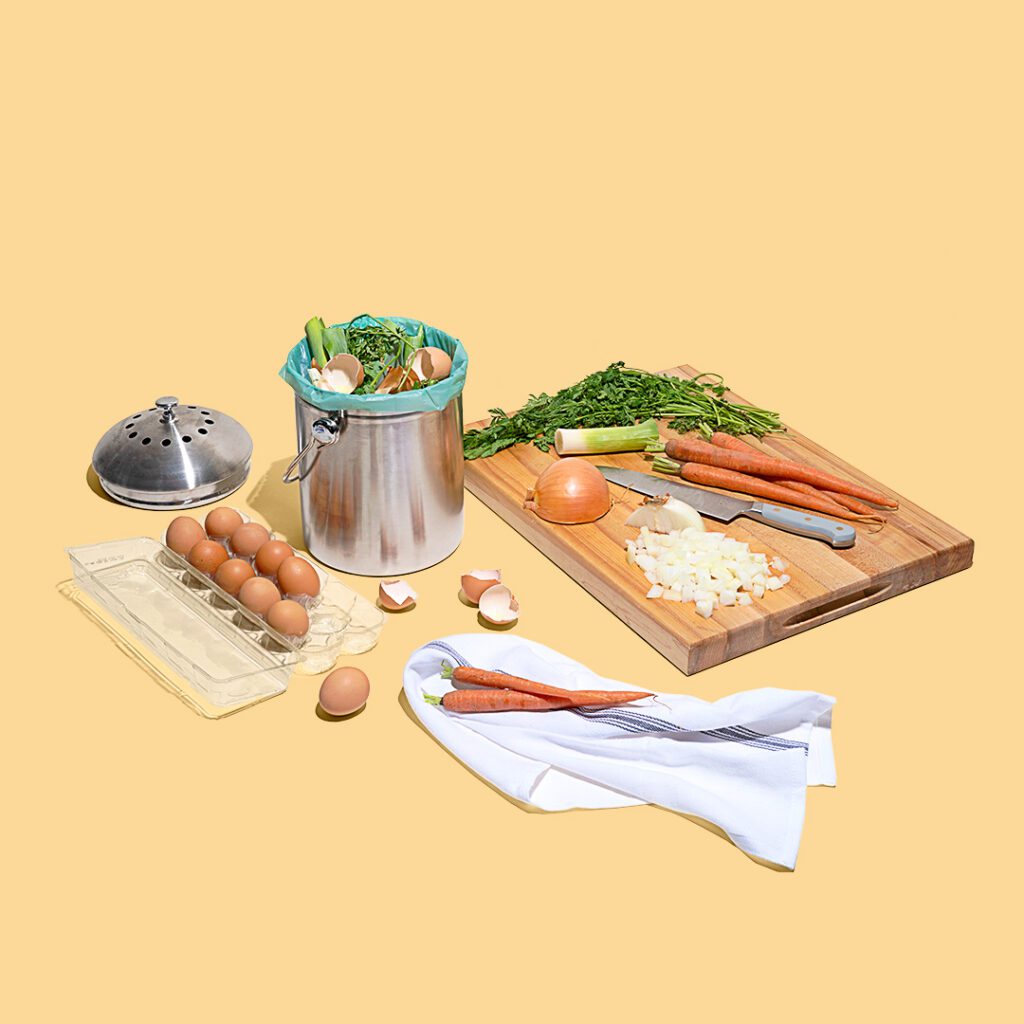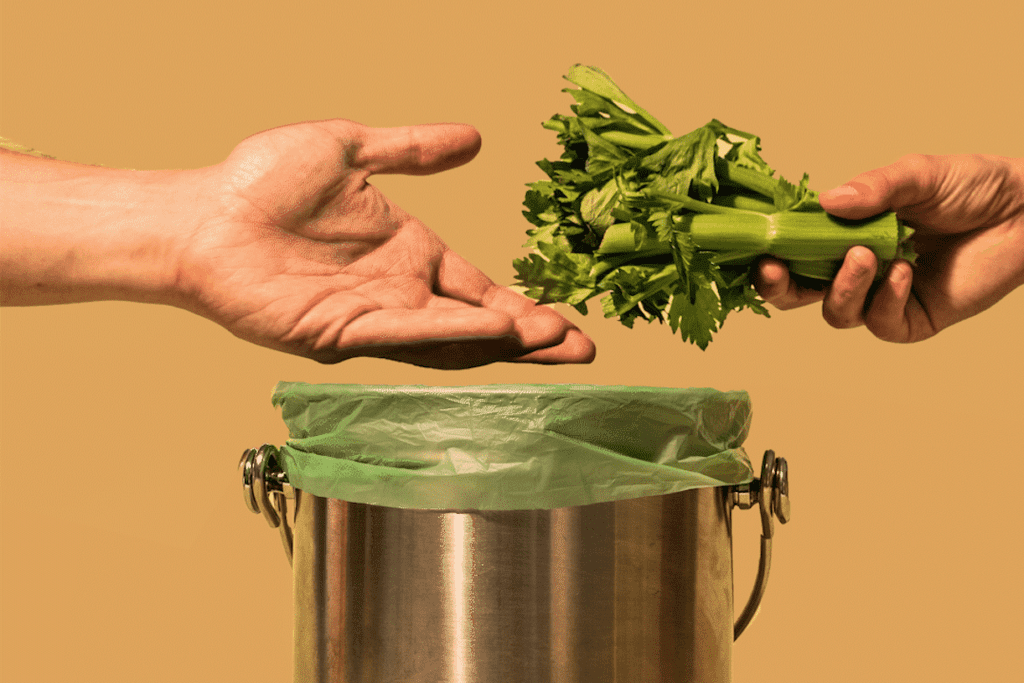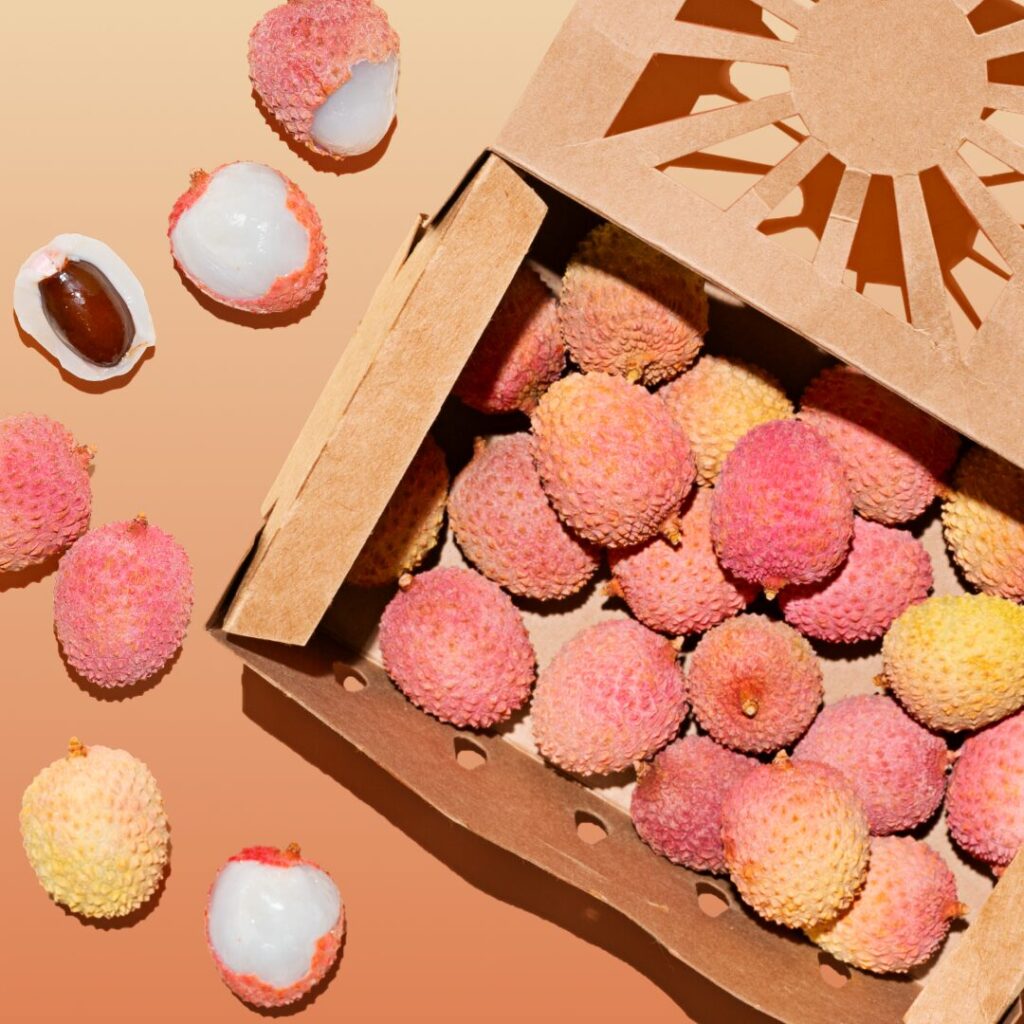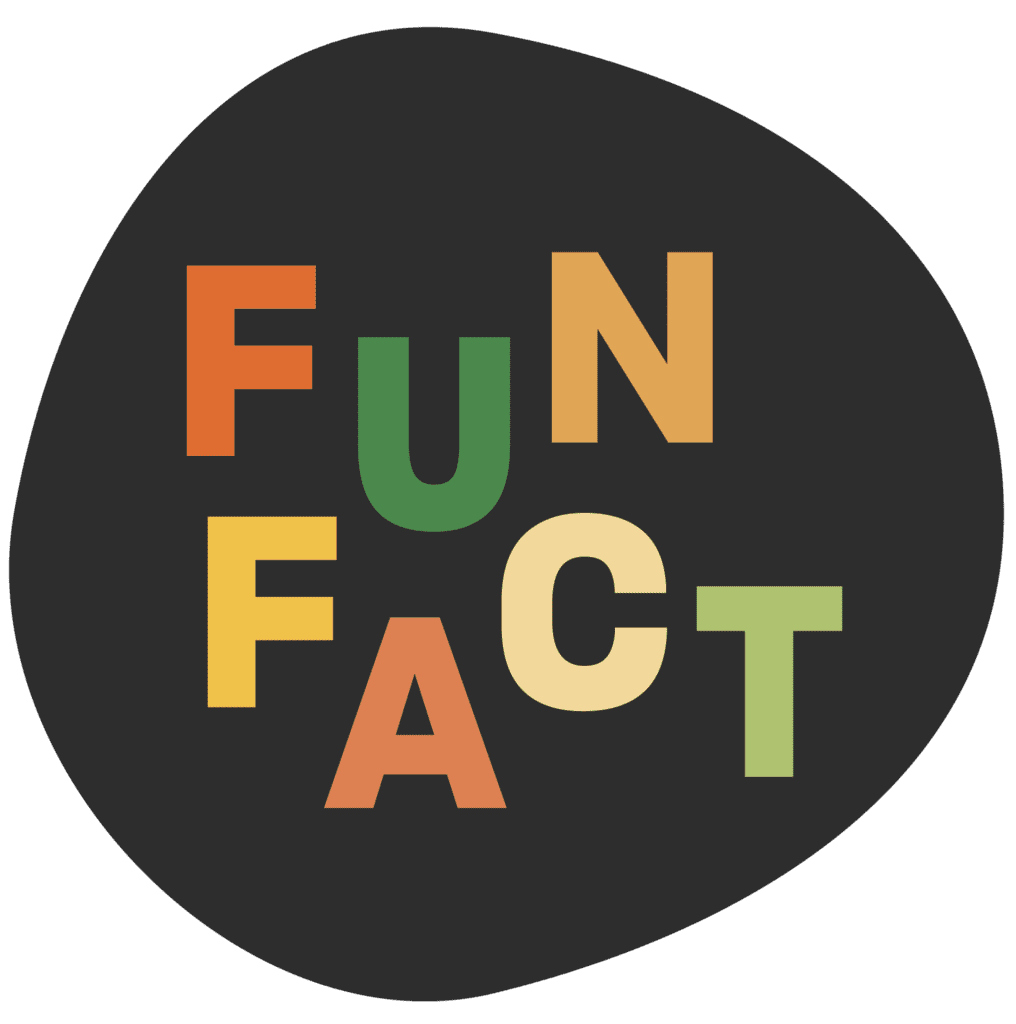
It’s no secret that food waste is a huge problem here in the U.S., with nearly 25% of all food eventually ending up in the trash. The good news is, by shopping with Misfits Market, you’re already helping reduce your carbon footprint and food waste. Composting at home is another easy way to kick your eco-friendly efforts up a notch. By transforming food waste into compost, you’re creating nutrient-rich fertilizer for gardening and saving waste from landfills.

And the benefits don’t stop there: “Compost adds nutrients and organic matter back to soil, which benefits agriculture, reduces our reliance on synthetic fertilizers, diverts methane-producing organic materials from landfills, and improves soil’s water retention capacity so you don’t need to water as much,” says Darby Hoover, the Natural Resources Defense Council’s senior resource specialist.
Composting can even save you money. By helping to reduce your landfill-bound waste, you can reduce your carbon footprint and cut costs for garbage services. According to the Conservation Law Foundation, zero waste initiatives (like composting) can save you, businesses, and cities big bucks longterm: “Food and yard clippings make up the majority of what ends up in our trash. Composting it instead can cut the amount of waste sent to landfills, as well as the price we pay for its pick-up and disposal.”
Still unsure about composting at home? Let us demystify some common questions.
Will compost make my kitchen smell?
Generally no. Thanks to airtight lids, countertop compost bins contain any smells when closed (just don’t forget to keep it closed!).
Is composting expensive?
It doesn’t have to be! You can build your own compost bin and pile at home, or find inexpensive ready-to-use compost kits. And if you’re a home gardener, composting can actually save you money on expensive fertilizers in the long run.
Once I start composting, how long does it take to turn into usable compost?
Generally a year.
Can I compost all year long?
Yes!
Will a countertop compost bin attract bugs?
Not usually! We recommend that you regularly dispose of your compost and keep the bin’s lid locked tight to help avoid any issues.
Ready to start? Here’s what you can and cannot compost.
What you can compost:
- Shells (from nuts and eggs)
- Fruit and vegetable peels
- Whole fruits and vegetables
- Coffee grounds and filters, tea bags
- Wooden chopsticks and toothpicks
- Paper products (paper towels, plates, napkins, bags, boxes)
What you cannot compost—what to avoid:
- Citrus peels
- Dairy products
- Cooking oils and fats
- Toxic plants
- Animal waste and diapers
- Stickers on fruits and vegetables
- Raw meat and fish
- Recyclables (plastic, cardboard, and glass)

What’s the difference between compostable and biodegradable?
Biodegradable and compostable are often used interchangeably, but they’re not the same. Here’s the difference:
Biodegradable
A material that can break down naturally into smaller elements (like water, carbon dioxide, and biomass) through microbial activity.
- Timeframe: Can vary widely—from weeks to decades.
- End result: May leave behind residues or microplastics depending on the material.
- Conditions: Doesn’t require specific conditions to break down, but may degrade more slowly in landfills or natural environments.
Key takeaway: “Biodegradable” is broad and unregulated—it doesn’t guarantee how long it takes or how cleanly it breaks down.
Compostable
A material that breaks down fully into non-toxic components (like nutrient-rich compost) under specific composting conditions.
- Timeframe: Typically breaks down within 90–180 days in commercial composting facilities.
- End result: Leaves behind usable compost with no harmful residue.
- Conditions: Often needs high heat, moisture, and microbial activity (especially for industrial composting).
Key takeaway: “Compostable” is more specific and regulated—it means the material will break down safely and completely, often under defined conditions.

Did you know some of our fruits and veggies are packed in compostable or biodegradable packaging? We’re always looking for ways to reduce waste beyond just rescuing food. Keep an eye out for eco-friendly packaging on seasonal picks like apricots, lychee, rambutan, and more—it’s one more small way we’re helping make a big impact.
Sources:
- NRDC
- Pela Case
- Better Homes & Gardens
- US Composting Council
- Conservation Law Foundation
- The City of New York Department of Sanitation

How do you start a kitchen compost?
| Compost bins are an excellent way to recycle your kitchen waste and use it in your garden. The simplest way to start is by using a bin with a tight-fitting lid. As you cook, just throw your produce waste into the bin. Eggs shells, coffee grounds, fruit and vegetable scraps, and newspaper strips are all great organic matter. You’ll want to avoid dairy products, oils and greasy foods, bones, and highly acidic foods. You can then either use these scraps to make your own outdoor compost pile, or find a compost collection service near you. |

Comments (4)
thank you anything we can do individually can help us all
Of course, Lois! We totally agree.
I am interested in the countertop composting.
Countertop composting is definitely worth it! We will relay your feedback to our team to consider for future content. Thank you, Ruth!????